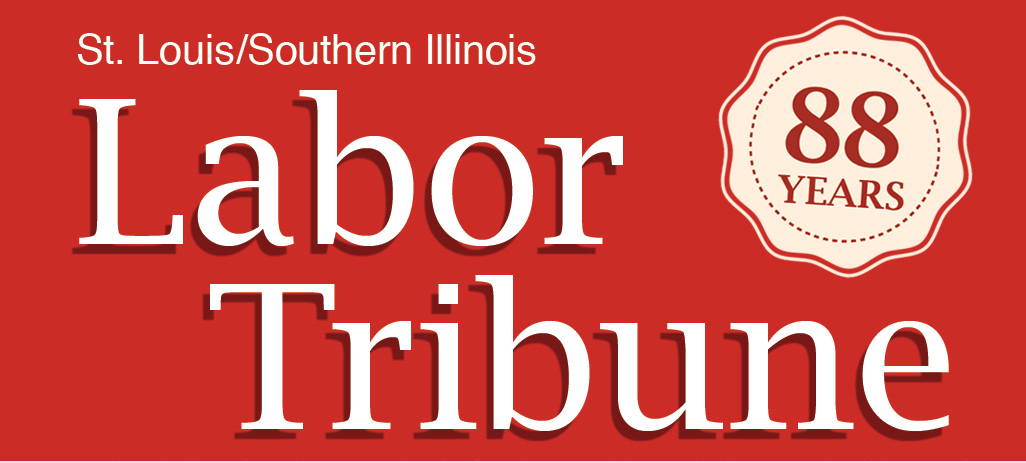This Week in Labor History July 22-28

JULY 29
1903 – A preliminary delegation from Mother Jones’ March of the Mill Children from Philadelphia to President Theodore Roosevelt’s summer home in Oyster Bay, Long Island, publicizing the harsh conditions of child labor, arrives today. They are not allowed through the gates.
1970 – Following a five-year table grape boycott, Delano-area growers file into the United Farm Workers union hall in Delano, Calif., to sign their first union contracts.
JULY 30
1965 – President Lyndon Johnson signs the Social Security Act of 1965, establishing Medicare and Medicaid.
1975 – Former Teamsters President Jimmy Hoffa disappears. Declared legally dead in 1982, his body has never been found.
1999 – United Airlines agrees to offer domestic-partner benefits to employees and retirees worldwide.
JULY 31
1970 – Members of the National Football League Players Association begin what is to be a two-day strike, their first. The issues: pay, pensions, the right to arbitration and the right to have agents.
1981 – Fifty-day baseball strike ends.
1999 – The Great Shipyard Strike of 1999 ends after Steelworkers at Newport News Shipbuilding ratify a breakthrough agreement which nearly doubles pensions, increases security, ends inequality, and provides the highest wage increases in company and industry history to nearly 10,000 workers at the yard. The strike lasted 15 weeks.
AUGUST 1
1917 – After organizing a strike of metal miners against the Anaconda Company, Wobbly organizer Frank Little is dragged by six masked men from his Butte, Mont., hotel room and hung from the Milwaukee Railroad trestle.
1921 – Sid Hatfield, police chief of Matewan, W. Va., a longtime supporter of the United Mine Workers union, is murdered by company goons. This soon led to the Battle of Blair Mountain, a Labor uprising also referred to as the Red Neck War.
1938 – Police in Hilo, Hawaii, open fire on 200 demonstrators supporting striking waterfront workers. The attack became known as “the Hilo Massacre.”
AUGUST 2
1918 – The first General Strike in Canadian history is held in Vancouver, organized as a one-day political protest against the killing of draft evader and Labor activist Albert “Ginger” Goodwin, who had called for a general strike in the event that any worker was drafted against his will.
1939 – Hatch Act is passed, limiting political activity of executive branch employees of the federal government.
AUGUST 3
1913 – Fighting breaks out when sheriff’s deputies attempt to arrest Wobbly leader Richie “Blackie” Ford as he addressed striking field workers at the Durst Ranch in Wheatland, Calif. Four persons died, including the local district attorney, a deputy and two workers. Despite the lack of evidence against them, Ford and another strike leader were found guilty of murder by a 12-member jury that included eight farmers.
1981 – Some 15,000 air traffic controllers strike. President Reagan threatens to fire any who do not return to work within 48 hours, saying they “have forfeited their jobs” if they do not. Most stay out, and are fired Aug. 5.
AUGUST 4
1919 – An estimated 15,000 silk workers strike in Paterson, N.J., for 44-hour week.
1997 – Nearly 185,000 Teamsters begin what is to become a successful 15-day strike at United Parcel Service over excessive use of part-timers.
(Compiled by David Prosten, founder Union Communication Services)



Leave a Reply